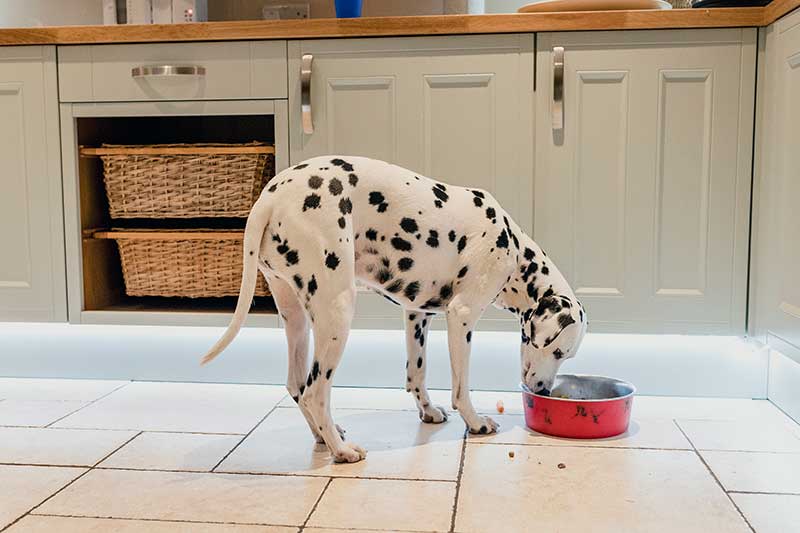A Broken Heart: Exploring the Link Between Grain-Free Diets and Cardiac Disease in Dogs

As pet owners and animal lovers, we want the best for our furry family members. That means feeding them a high-quality, nutritious diet. With major advances in our understanding of pet nutrition and a broader availability of commercial pet food, this task has has never been easier. Human diet trends, such as paleo, organic, vegetarian, and grain-free, have also infiltrated the pet world, leading to more and more choices, along with more and more confusion.
Unfortunately, some devastating side effects have resulted from these incredible improvements in pet nutrition, specifically the recent incidents of cardiac disease in dogs.
Cardiac Disease in Dogs
In July 2018, the FDA published a report that linked certain cases of canine dilated cardiomyopathy (DCM) to exclusively grain-free diets. Dogs in the study experienced symptoms such as coughing, difficulty breathing, and episodes of collapse.
DCM can occur in pets for a variety of reasons, including breed and other genetic factors, but a deficiency of the amino acid taurine (most commonly found in meat and animal products) can also contribute to the condition. The diets in the study included potatoes, peas, lentils, and other legumes as the primary sources of carbohydrates and protein, although it isn’t yet understood how these specific foods contribute to DCM.
Some of the dogs in the study recovered once their diets were changed.
What About Food Allergies?
A common reason for choosing a grain-free diet is the concern over food allergies. It’s important to note the most common ingredients that can trigger an allergic reaction in pets are beef, dairy, and soy-based products. If you’re concerned your pet may be suffering from a food allergy, please contact us to schedule a consultation.
The Grain-Free Dilemma
Although the argument is often made that dogs didn’t evolve eating grains and therefore shouldn’t eat them now, this is simply not true. Dogs, like people, are omnivores, and although their ancestors probably didn’t eat grains, modern dogs possess several genes that allow for the complete absorption of grain products.
In the Know
It’s important to speak with your veterinarian before making any changes to your pet’s diet. We’re happy to help you develop a nutrition plan to meet the specific needs of your pet. If you have additional questions or concerns, please don’t hesitate to contact the team at Rocklin Ranch Veterinary Hospital!

